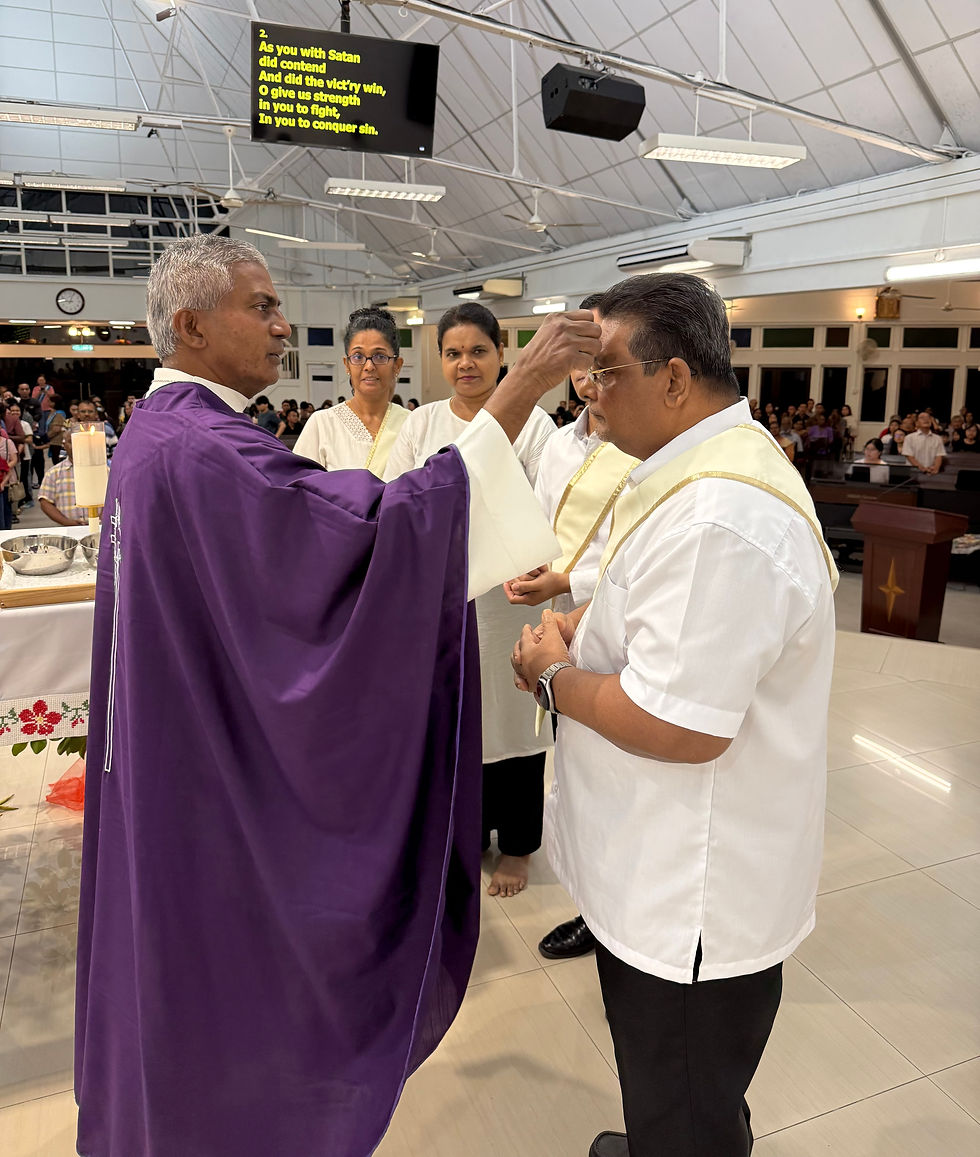ENDING INEQUALITY, DISCRIMINATION AND VIOLENCE
- Rev Fr George Packia

- Feb 4, 2023
- 2 min read

Pope Francis requests prayers for his apostolic journey to the Democratic Republic of Congo and South Sudan from 31 January to 5 February 2023. This month we seek the intercession of St Josephine of Bakhita who was born in Sudan (1869-1947) and whose feast day falls on 8 February. She was kidnapped by Arab slave traders when she was a child. She was sold several times - maltreated and physically humiliated. She spent much of her life in captivity. Finally, she was placed in the custody of the Canossian Sisters in Venice, Italy. There, she learned about God and became a Canossian Sister. She was canonised in 1978 and is a patroness for victims of modern slavery and human trafficking.
Various types of slavery, violence and human trafficking against women and girls happen every day - “psychological violence, verbal violence, physical violence, sexual violence” - in every corner of the world. Millions are beaten, insulted, humiliated, raped and killed. The Church invites society to pray and protect these victims.
Each day, there is an estimated 137 women killed by members of their own families, and one in every three women yearly - an estimated 736 million - have undergone physical, psychological violence and sexual assault; 15 million adolescent girls worldwide - about one in four (27%) - aged between 15 to 19 have experienced forced sexual relations (the statistics compiled by UN Women – November 2020).
The UN has also reported that one in seven women have been killed by their intimate partner or family member (50,000 women in 2017 and 47,000 women in 2020) while 87,000 women have lost their lives in homicides (intentional killings). In India, 7,000 women were killed in a dowry-related dispute in 2017. During COVID-19 lockdowns, there was an increase in women seeking help for domestic-related violence in eight Asian countries, including a 70% rise in Malaysia. Women pay the highest price due to inequality, discrimination and negative societal stereotypes. A home is a dangerous place because most of the violence occurs in the home and many women still find themselves alone and isolated.

Society is called to greater action to eradicate harassment, trafficking, violence and power control. Everyone is urged to take part in carrying out campaigns throughout the world to end violence against women and girls. Altogether 155 countries have approved domestic violence laws and 140 have legislation regarding workplace sexual harassment. However, in many instances, they are not applied and / or enforced. Society has to prioritise the safety, well-being, equality and human rights to avoid discrimination against women and protect them.
It is everyone’s responsibility to end or prevent violence against women and girls, and not just leave it to political commitment, law implementation and UN Women roles and strategies. We need to bring awareness through early education programmes, respectful relationships and through the media. We seek the intercession of St Josephine Bakhita for all who are affected by crimes of modern slavery, human trafficking and violence against women and girls. We pray that they may find safety and healing from their trauma to healthily rebuild their lives.



Comments